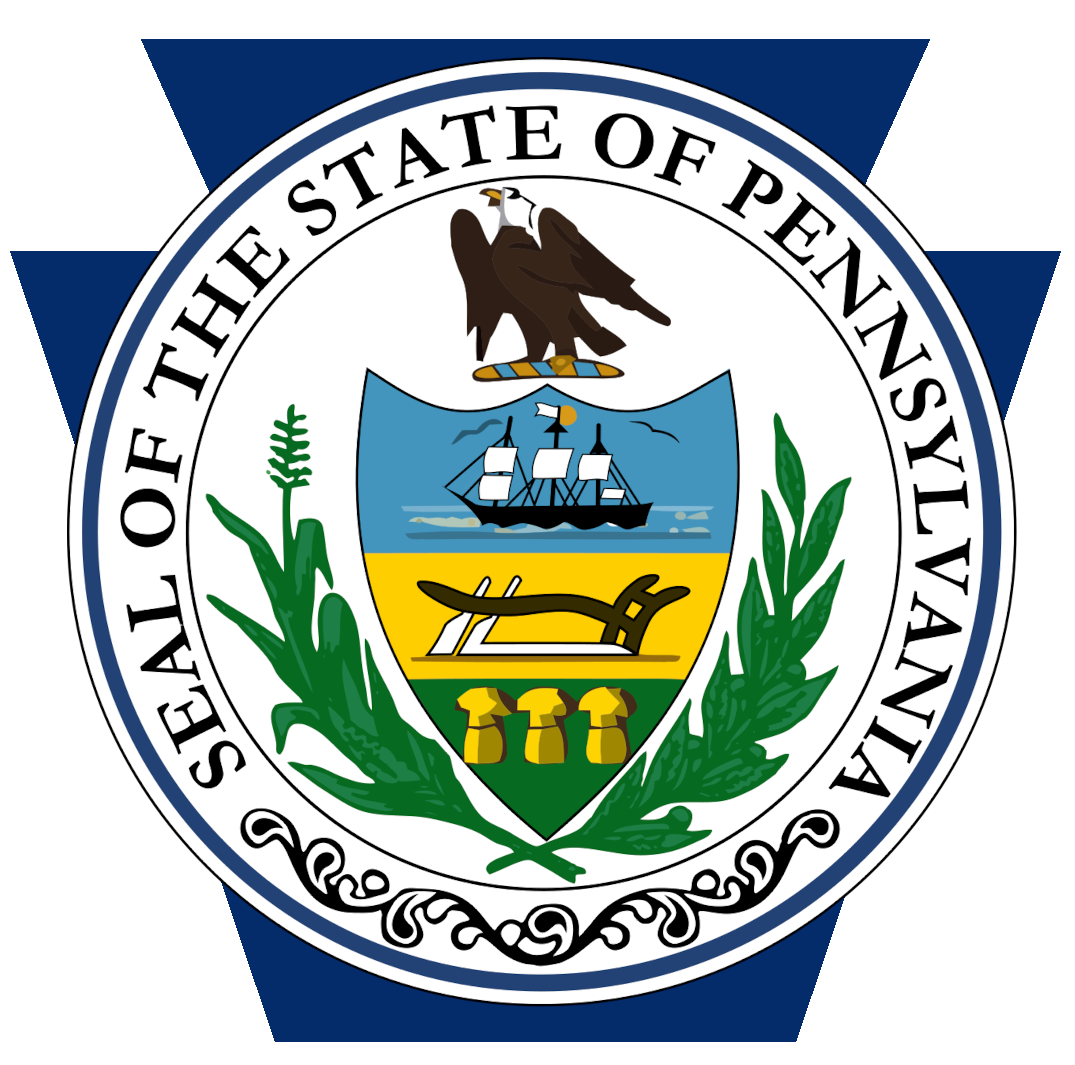Public Comment/Urban League of Philadelphia
As the President and CEO of the Urban League of Philadelphia (ULP), I am submitting a public comment supporting the newly proposed state house and state senate maps. The Urban League has a long history of advocating for our governmental institutions to mirror the diversity of the United States. These new maps present an opportunity for the voters of the Commonwealth to elect individuals who reflect their community's diversity and will bring their best interests to Harrisburg. I would like to specifically focus on the following for why the Urban League is supportive of these maps. Prison Gerrymandering: For the first time in the Commonwealth's history, the new legislative maps will no longer count many state prisoners as residents of the districts where they are incarcerated but rather as residents of the districts where they originally lived. The ULP serves many families whose loved ones are incarcerated in state prisons far away from where they are from, but who still depend on the services of their local representatives. We thank the leadership of the Redistricting Committee, specifically Senator Costa, Minority Leader McClinton, and Chair Nordenberg, for putting an end to the discriminatory practice of prison gerrymandering which significantly impacts communities of color. Partisanship The new maps consider the partisan leaning of our state's voters and allow for more competitive elections. Competitive elections are essential to a healthy democracy and encourage individuals to vote. According to the Princeton Gerrymandering Project, Pennsylvania's new maps receive an A grade for partisan fairness. Growing Populations: The new maps take into account the growing population of communities of color in our state per the U.S 2020 Census data. Currently, the makeup of our state legislature does not reflect the true diversity of Pennsylvania. For example, only 1% of state legislatures identify as Latino or Hispanic, while 90% identify as White. The new statehouse legislative maps include four new majority-minority districts and five coalition-majority districts. The new maps include one minority-influenced senate district in Lehigh County that has experienced enormous Latino/Hispanic voters. Voting rights has a long history at the Urban League. Whitney Young, the Urban League president (1961-1971) during the critical years of the civil rights movement, understood that minorities in this country could never have economic power if they did not have the right to vote and participate in democratic institutions. He spent his time at the Urban League organizing voting registration drives across the United States and encouraging minority candidates to run for office. I believe that President Young would be pleased with the new Pennsylvania legislative maps and proud of the commission's work to ensure communities of color voices are heard.
